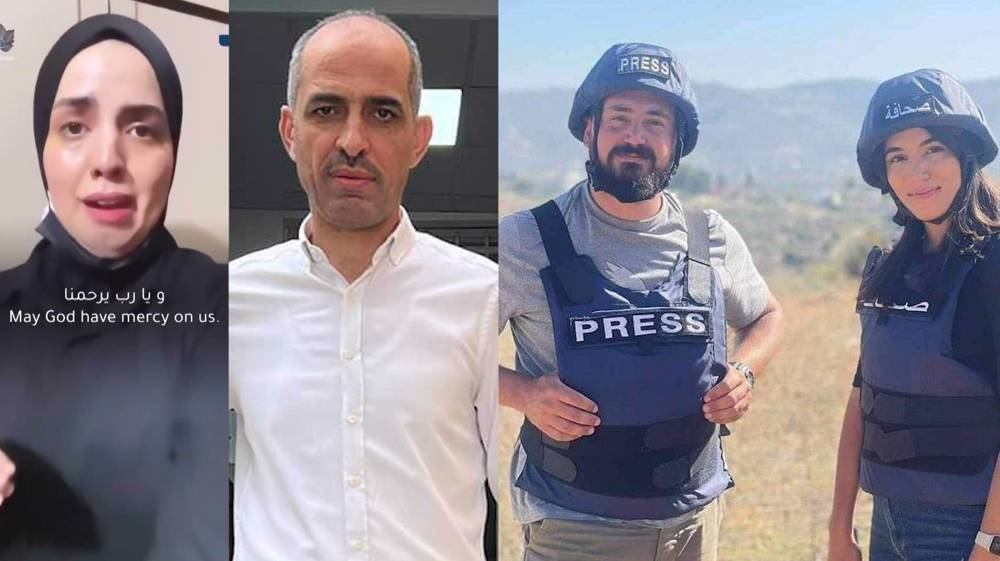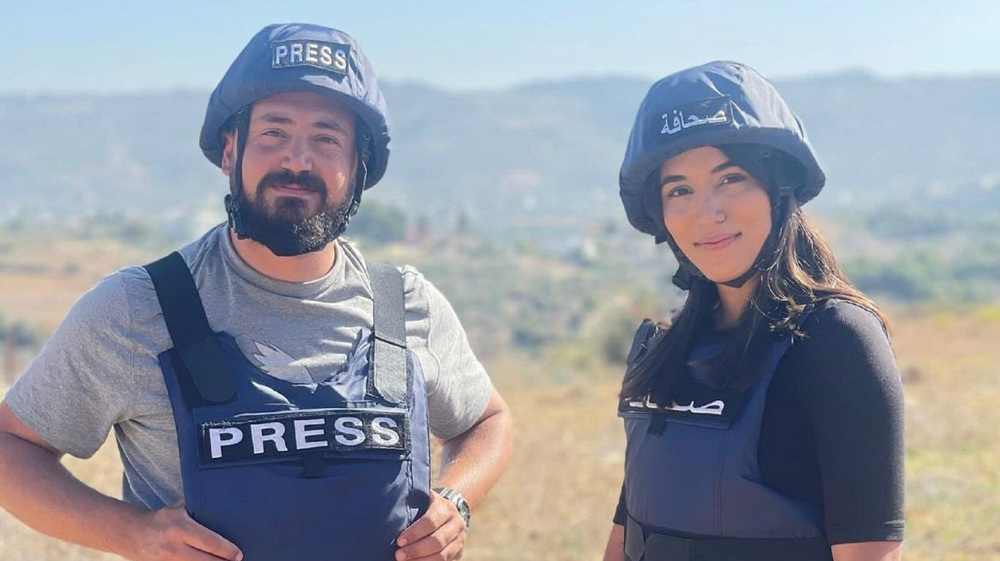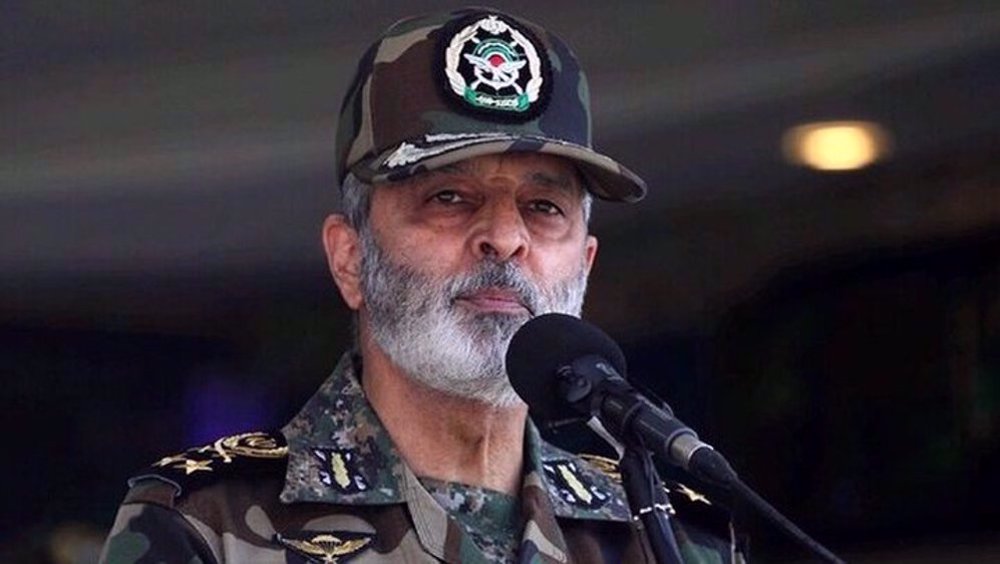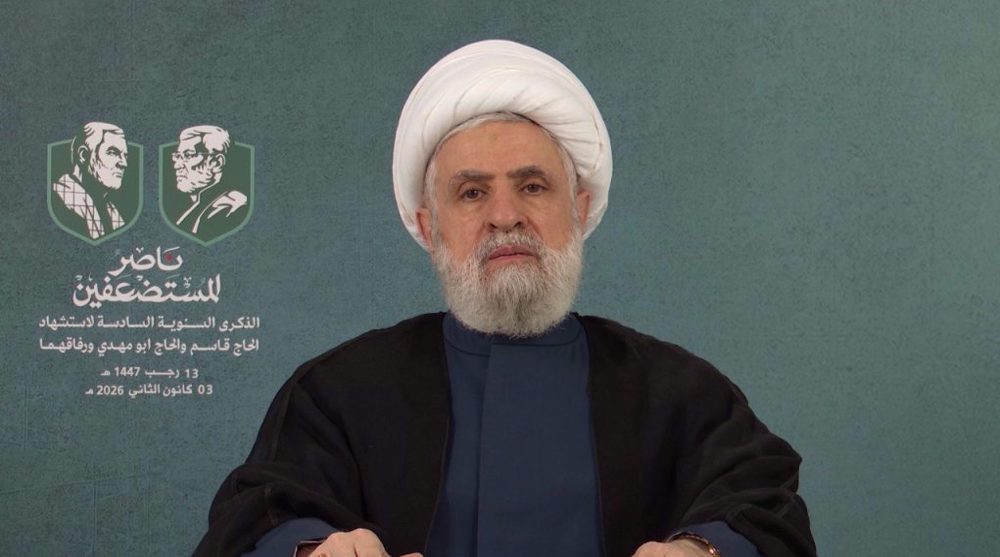Iran condemns Israeli killings of journalists as Tel Aviv quashes coverage of crimes
Iran’s foreign minister says the killing of dozens of journalists in the Gaza Strip and southern Lebanon by Israel shows the special role played by reporters in reflecting the regime’s genocidal crimes.
“The martyrdom of tens of journalists and cameramen, including two hard-working Al Mayadeen reporters, in the brutal attacks of the fake Israeli regime in Gaza and southern Lebanon shows the influence and special role that journalists play in reflecting the Israeli regime’s genocide and war crimes and awakening the world’s public opinion,” Hossein Amir-Abdollahian wrote in an X post on Wednesday.
Lebanon’s al-Mayadeen news channel reported on Tuesday that Israeli occupation forces had “deliberately” targeted two of its TV crew members near the town of Tir Harfa, about a mile from the southern border.
The Beirut-based TV channel identified the victims as Rabie al-Memari, a camera operator, and Farah Omar, a correspondent, who were reporting on the violence along the border with the occupied territories.
On Tuesday, the Committee to Protect Journalists (CPJ) said at least 53 journalists and media workers have been killed since October 7, when Israel waged the war on the Gaza Strip.
The victims included 46 Palestinian, 4 Israeli, and 3 Lebanese journalists, it added.
The CPJ also noted that the past few weeks have been the deadliest period for journalists covering conflict since the media group began tracking deaths over 30 years ago.
Israel is blocking “essential media coverage” and withholding “lifesaving information” from Gaza under a “news blackout” meant to win its Western propaganda war, said CPJ’s program coordinator for the Middle East and North Africa Sherif Mansour.
Israel waged the bloody war on Gaza on October 7 after Hamas launched Operation Al-Aqsa Storm in the occupied territories in retaliation for the Tel Aviv regime’s incessant crimes against Palestinians in the occupied West Bank.
Since the start of the aggression, the Tel Aviv regime has killed 14,128 Palestinians, including 5,840 children and 3,920 women, and injured at least 33,000 others.
It has also imposed a “complete siege” on the coastal sliver, cutting off fuel, electricity, food and water to the more than two million Palestinians living there.
Hamas: Israel escalating ceasefire violations in Gaza
Venezuela's government declares unwavering unity behind Maduro
VIDEO | Global outcry over Venezuela president abduction
Iran keeps wheat import subsidies despite cutting other food supports
Venezuelan military stands with acting president after US kidnapping of Maduro
VIDEO | Press TV's news headlines
VIDEO | Protesters in Toronto slam US kidnapping of Venezuelan president
Israeli troops detain, intimidate Palestinian toddler in West Bank











 This makes it easy to access the Press TV website
This makes it easy to access the Press TV website